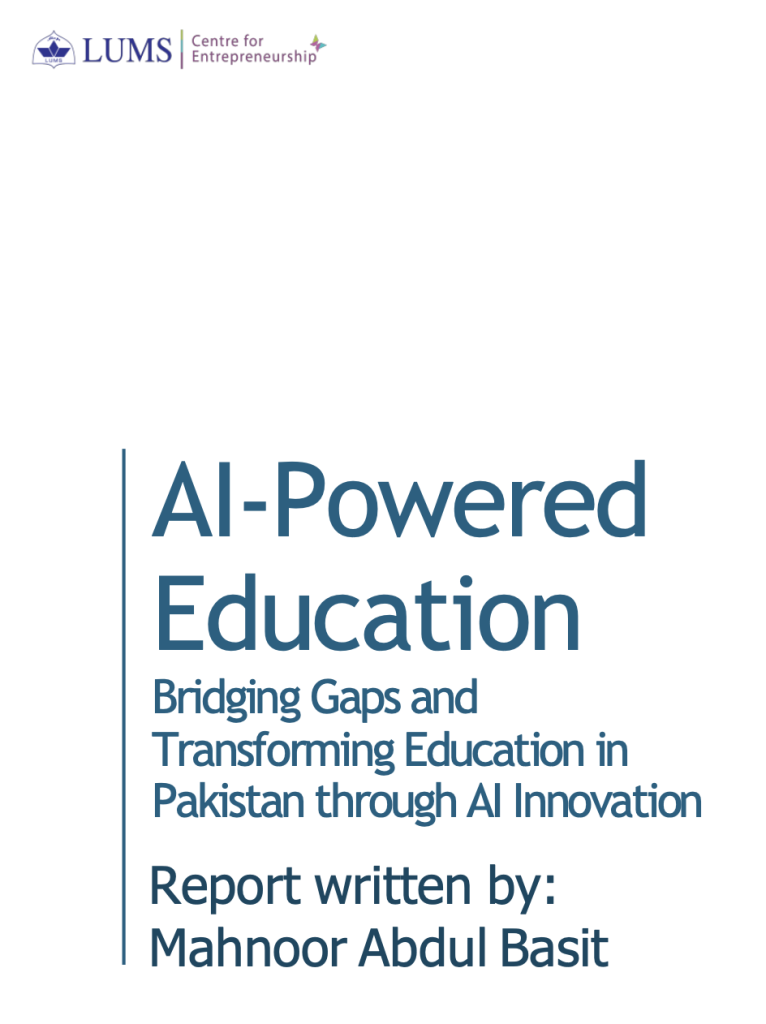This article explores AI’s transformative potential in Pakistan’s education sector, highlighting both global trends and specific challenges within the country. While the global AI in education market is expected to surpass $20 billion by 2027, Pakistan’s adoption remains limited, ranking 117 out of 172 on AI readiness. Challenges such as low literacy rates, crowded classrooms, and fragmented school systems underscore the need for AI-driven solutions to improve educational access and quality.
Key Opportunities for AI in Education:
Personalized Learning: AI algorithms can tailor educational content to students’ unique needs, closing learning gaps and fostering a more inclusive environment.
Virtual Learning for Remote Areas: AI-enabled virtual classrooms can bring quality education to rural students, reducing costs and enhancing access.
Automating Administrative Tasks: AI tools for grading and attendance allow teachers to focus more on direct student engagement.
Immersive Learning with VR/AR: Interactive VR and AR tools can make learning more engaging, enabling students to explore concepts practically.
Language Accessibility: AI can translate content into local languages, enhancing inclusivity.
Strategic Path Forward:
Government Initiatives: Building digital infrastructure, policies, and funding to support AI in education.
Teacher Training: Ensuring educators are equipped to use AI tools effectively.
Digital Divide: Enhancing internet access and affordable tech solutions, especially in rural areas.
R&D and Partnerships: Encouraging collaborations among government, private sectors, and startups.
AI presents a transformative opportunity for Pakistan’s educational sector, capable of addressing existing challenges. Through strategic investments, teacher training, and partnerships, Pakistan can build a future-ready education system that promotes equitable and efficient learning outcomes.
Read the full article to dive deeper into the roadmap for a brighter, AI-enabled future in education!

